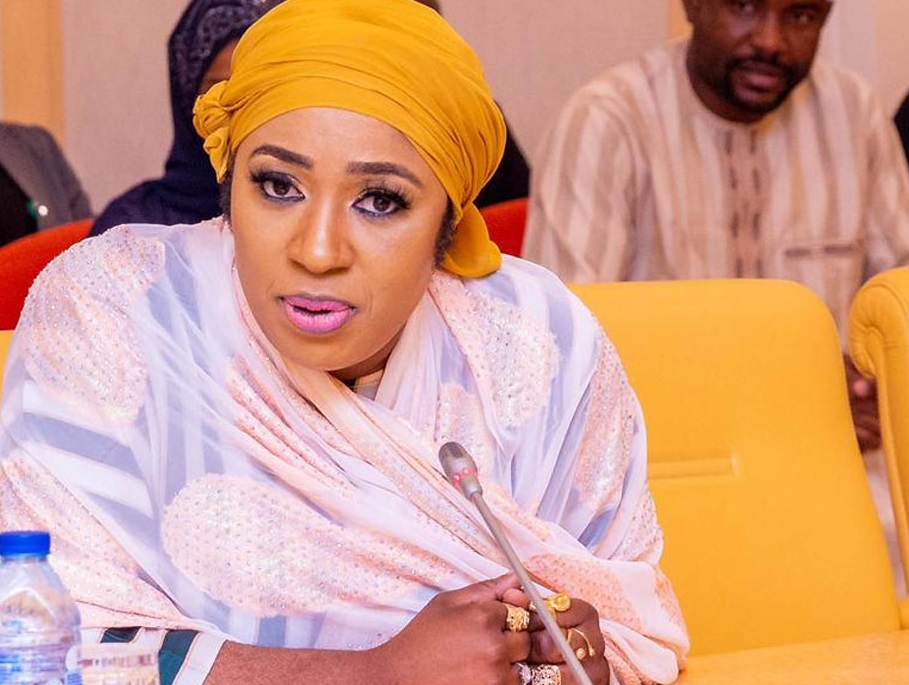One key question that often arises is, “Does exercise help with aging?” To what extent does regular exercise contribute to a smoother aging process, particularly concerning joint health?
My late grandmother, at over 80 years old, effortlessly walked a considerable distance to and from the market and as a teenager I could not. This contrast raises an intriguing question: What practices were she and her generation following that seems to elude many young people today? As we observe the growing number of individuals who can barely walk short distances from their homes, offices, or places of business, it’s undoubtedly disheartening. This prompts us to consider whether such a sedentary lifestyle has repercussions as we age and if it adversely impacts our health. If indeed there are implications, what can individuals do to improve their situation, and when should they commence preparations to support their bodies in their later years?
In a recent episode of “Sharing Live Issues,” we engaged in a discussion with Dr. Dan Abia, a fitness enthusiast and medical doctor. Our aim was to explore how one can gracefully navigate the journey of aging and debunk the myth that “aging starts from your legs.”
Dr. Dan pointed out that urbanization has inadvertently shortened our lifespans. In this generation, we live in skyscrapers and drive cars, often forsaking simple activities like walking. This sedentary lifestyle takes a toll on our bodies over time.
One age-related condition that frequently plagues older individuals is arthritis, specifically osteoarthritis. This condition can be attributed to the wear and tear of the body, genetic predisposition, past occupations, or excessive body weight. However, some individuals age without experiencing arthritis. What sets them apart? According to Dr. Dan, they are not genetically predisposed, maintain a healthy BMI, and did not engage in physically demanding jobs in their youth.
So, is it accurate to say that “aging starts from the legs”? Dr. Dan suggests that this notion likely refers to arthritis because the legs bear the body’s weight throughout life. Consequently, wear and tear on the weight-bearing joints become more apparent in old age.
Preventing the onset of arthritis and aging gracefully requires proactive measures that should begin early in life. Diet plays a pivotal role, as “you are what you eat,” and its effects manifest in old age. A balanced diet rich in fresh foods, as opposed to refined ones, is essential. Equally vital is exercise. Leading a sedentary lifestyle is a significant risk factor for arthritis. To age gracefully, one must start now, making lifestyle changes that include regular exercise and a balanced diet.
For those contemplating exercise in their later years, a visit to the doctor for an evaluation is advisable before beginning any new fitness regimen. Exercise can be incorporated into daily life without the need for a gym. Creating a routine, selecting suitable exercises, and maintaining consistency are key. A balanced diet and exercise not only promote graceful aging but also contribute to overall well-being.
In conclusion, the preparation for aging begins now; the journey of aging can be a smoother one with the right preparations. Exercise and a balanced diet are powerful allies in this endeavor. Start now to reap the rewards of aging gracefully, as your future self will thank you for the care and attention you invest today.
Written by Maris ‘Damaris’ Iloka











